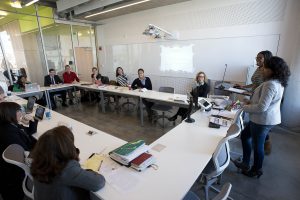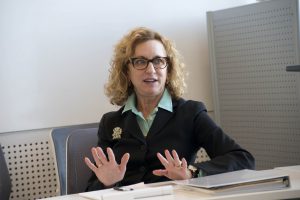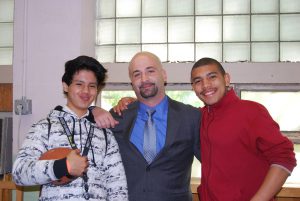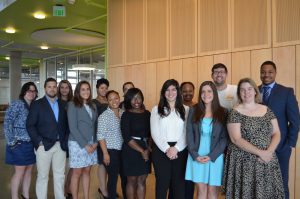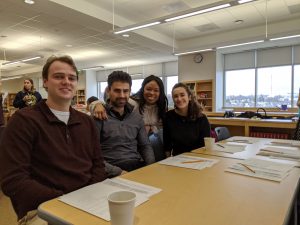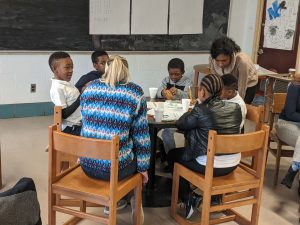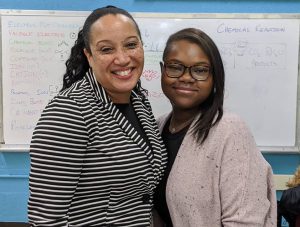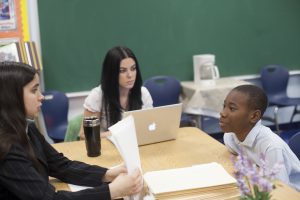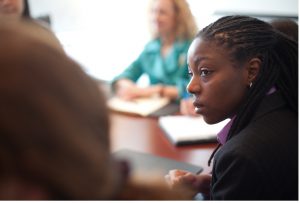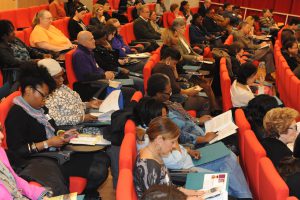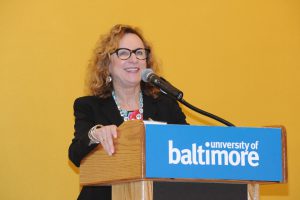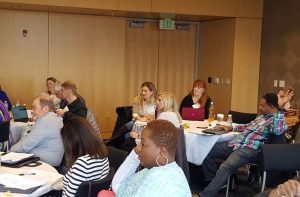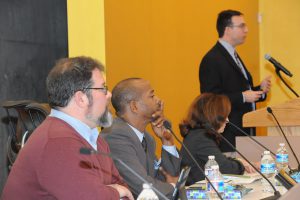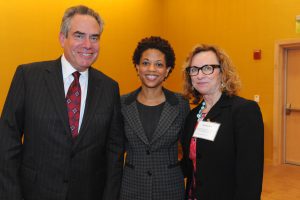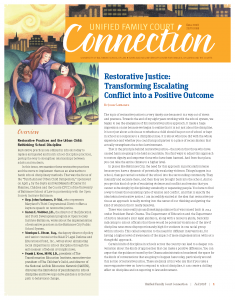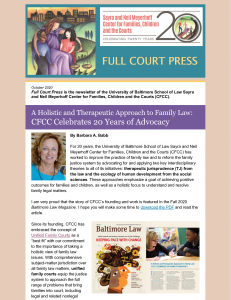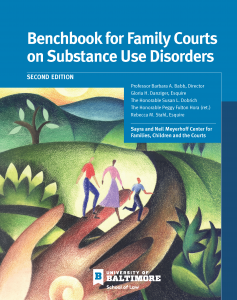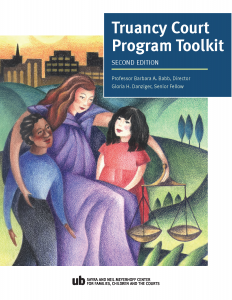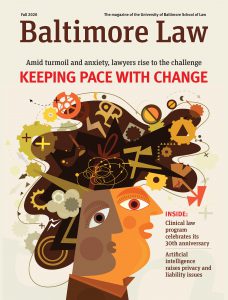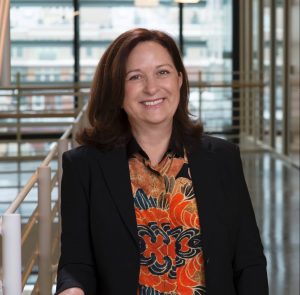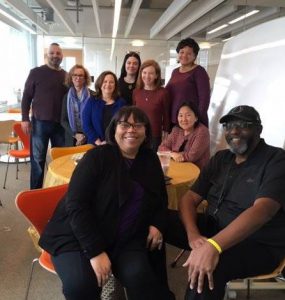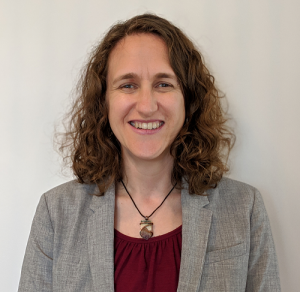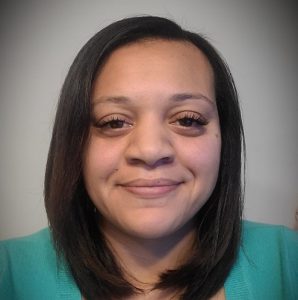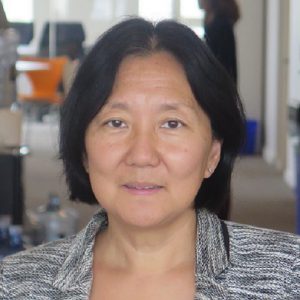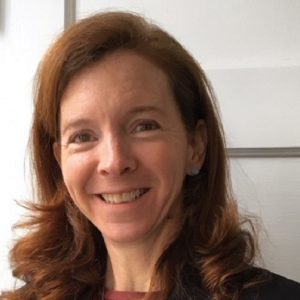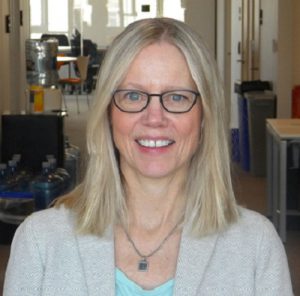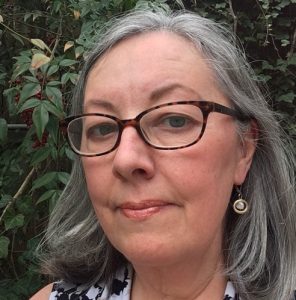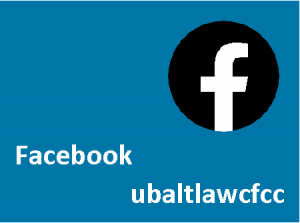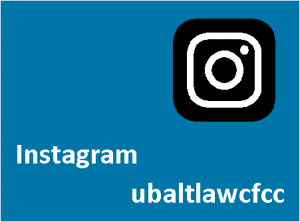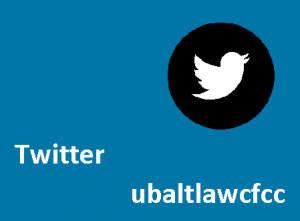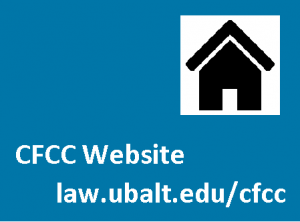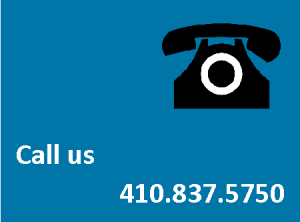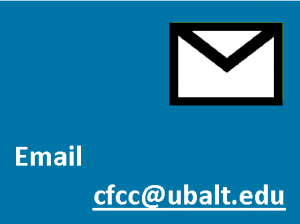Inspiring People, Changing Lives
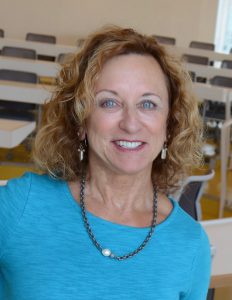
In late January 2021, CFCC Founder and Director and UB Associate Professor of Law Barbara Babb received an email from someone she had not heard from in 24 years.
The writer was the Hon. Mary Ann Diez Floyd, Senior Court Counsel/General Magistrate in Florida’s Twelfth Judicial Circuit. Professor Babb taught Floyd in the Family Law Clinic in the late 1990s. Today, Judge Floyd is a magistrate hearing family law cases in Sarasota County, Florida. She was writing to Babb to say this:
Thank you to someone who had such a positive impact on my education and my career. Keep doing the great work for your students and for all those families you’ve helped.
For a teacher, there is no greater reward than making a difference in a student’s life. In Babb’s 32-year career as a law professor at the University of Baltimore School of Law, she has influenced thousands of law students like Floyd. As CFCC’s founder, she also has carried her message of and advocacy for a caring family justice system to thousands of judges, attorneys and professionals who work with children and families involved in family law matters.
Babb credits her own teachers and mentors for nurturing her interest in blending social science theory and systems with the law. “I had the tremendous privilege to work with Dr. Urie Bronfenbrenner when I was a graduate student at Cornell University before going on to attend Cornell Law School,” she said. “He opened my eyes to the power that the social sciences have to influence public policy in ways that improve people’s lives.”
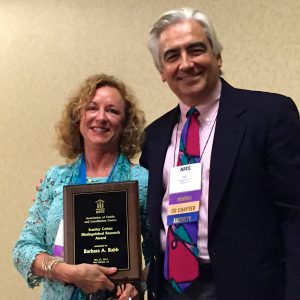
Bronfenbrenner’s Ecological Systems Theory, explored in his seminal book, The Ecology of Human Development, maintains that human development unfolds within a system of cultural, social, economic, and political systems. Policies and programs can shape these systems – thereby potentially promoting health and well-being. As a research assistant to Bronfenbrenner, Babb traveled to Cardiff, Wales, in 1977, to work on his five-nation, seven-year study examining stresses and supports in the lives of families with children. What she learned on this project would have a profound impact on her life’s work.
Babb’s implicit perspective that family law can be a caring profession became explicit when she began to explore therapeutic jurisprudence (TJ), a concept which emerged in the late 1980s as an ethical framework for mental health law. “I became aware of therapeutic jurisprudence in 1994, when I was conducting research for my first law review article,” Babb recalls. “TJ clearly reflected the way I had approached the practice of family law, both in New York and Maryland. I consequently became the first scholar to apply TJ to family law. Since that time, I have incorporated TJ into all aspects of my work – teaching, scholarship, court reform projects – and I established TJ as one of the underlying theoretical foundations of the Sayra and Neil Meyerhoff Center for Families, Children and the Courts.” Babb says law professors David Wexler and the late Bruce Winnick, co-founders of TJ, have personified the meaning of mentor for her.
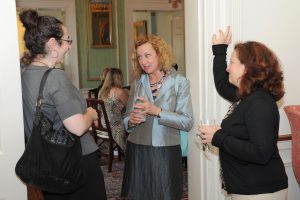
This passion and purpose for approaching family law as a caring profession, not an adversarial one that determines “winners” and “losers,” has been the driving force of Babb’s professional career and is her legacy.
Personally, Babb is both a consummate optimist and a confirmed extrovert. She can teach, manage CFCC, and write all day with plenty of energy left over to read fiction in the evenings. She has been in the same book club for 35 years. She cannot wait to get the “all clear” from the Covid-19 pandemic so she can interact with others in person, especially her grown children, her father, and other family members, and indulge in her passion for live music, theater, and travel. She is planning to learn how to play the ukulele, a gift from her husband, Peter Toran, and she hopes to resume playing the piano regularly. She also intends to remain engaged in some of her favorite activities, including hiking, biking, swimming, and kayaking, and she hopes to encourage some of her family members to join her in a scuba diving escapade, as she is a PADI-certified diver. She is devoted to her family: husband, Peter, and children, Harrison Kobb, Jordan Kobb, Sarah Hoefle (daughter-in-law), and Marin Kobb, and she honors her father (John Babb, now 91 years) and mother (Alice Babb, deceased) “for all they have taught me and have provided me, endlessly and lovingly.”
Caption
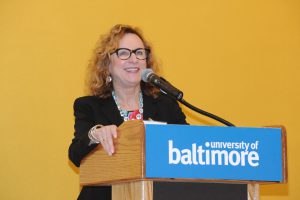
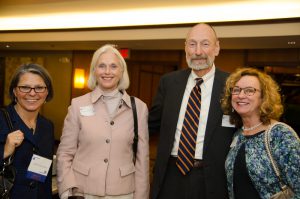


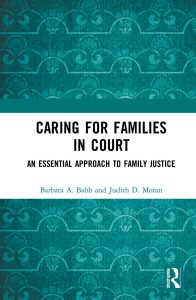
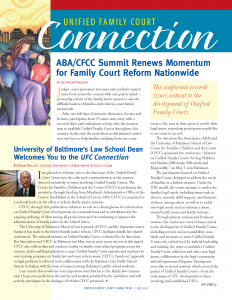
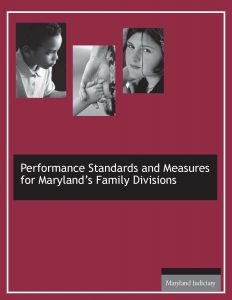
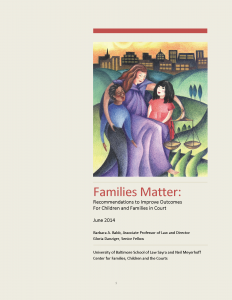
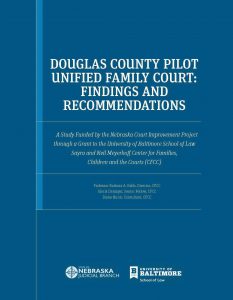
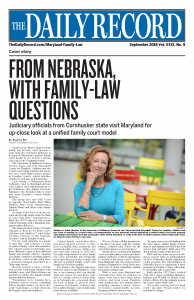
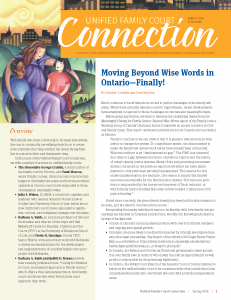
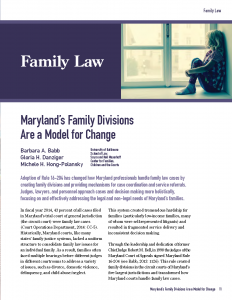

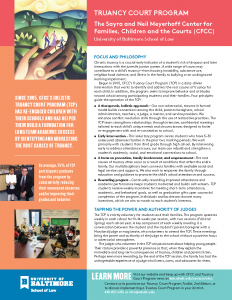
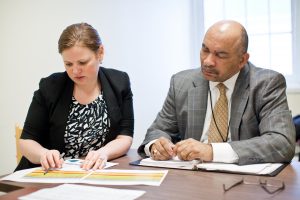

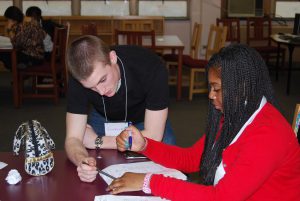
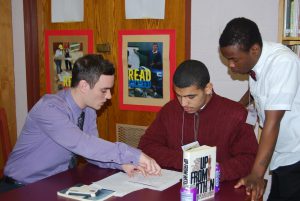
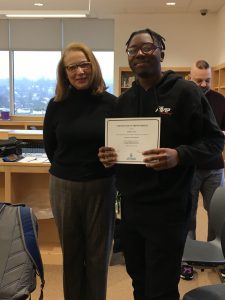

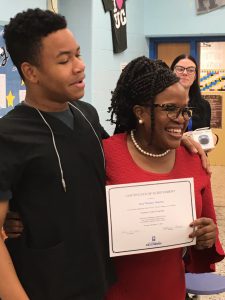



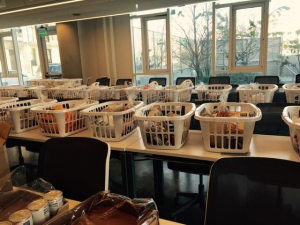 The first social worker, Eliseba Osore, suggested the holiday food drive concept. She went on to found ShareBaby, Inc., a baby pantry nonprofit serving Baltimore City and Baltimore County, and the TCP Team has she has supported her enthusiastically since.
The first social worker, Eliseba Osore, suggested the holiday food drive concept. She went on to found ShareBaby, Inc., a baby pantry nonprofit serving Baltimore City and Baltimore County, and the TCP Team has she has supported her enthusiastically since.

